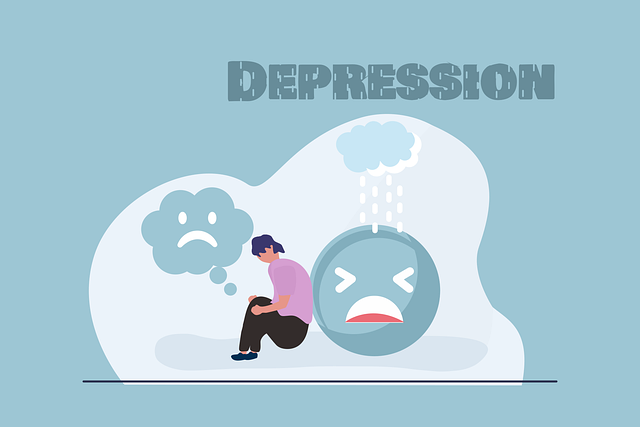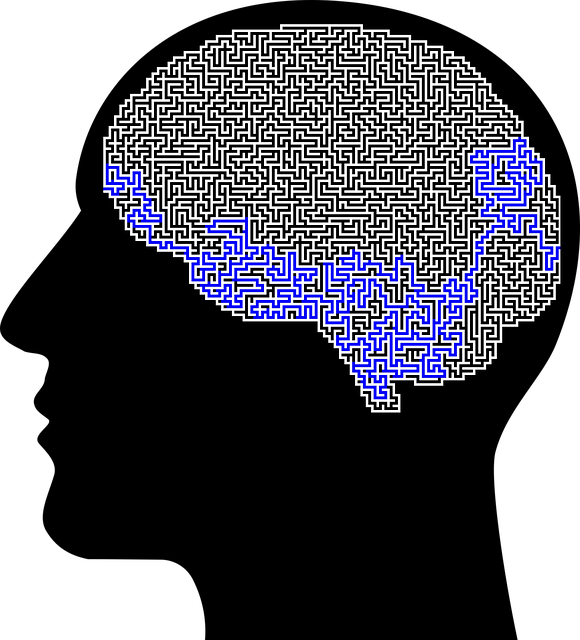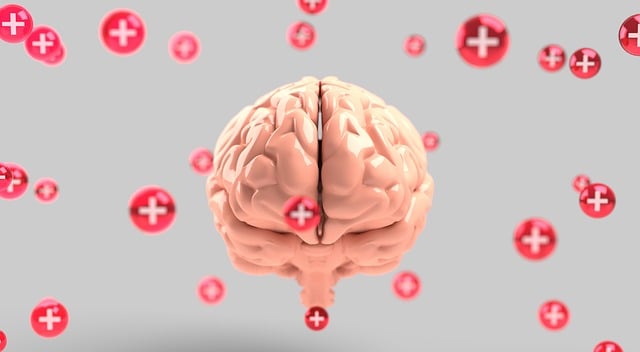Mental wellness journaling is an effective therapy for major life transitions, providing a safe space for individuals to process emotions during challenging periods like career shifts or relationship changes. Regular writing improves coping skills, stress management, resilience, and self-awareness, leading to personal growth and renewed confidence. Structured journaling, with reflective questions from healthcare workshops, enhances therapeutic benefits, empowering folks to take charge of their mental wellness journey.
“Unwind your mind and embark on a transformative journey with mental wellness journaling—a powerful tool for navigating life’s transitions. This article guides you through the practice, offering insights into how structured journaling can be a therapeutic companion during significant changes. We’ll explore effective techniques and prompts to help capture personal growth, ensuring a profound impact on your mental health. Discover how this simple yet profound habit can equip you with valuable self-awareness and resilience for any major life transition.”
- Understanding Mental Wellness Journaling for Major Life Transitions
- Creating a Structured Journaling Practice for Therapeutic Benefits
- Effective Techniques and Prompts for Capturing Personal Growth
Understanding Mental Wellness Journaling for Major Life Transitions

Mental wellness journaling can be a powerful tool during major life transitions, offering individuals a safe space to process and make sense of their emotions and experiences. These transformative periods often bring about a flood of new challenges and changes, from career shifts to personal relationships or even significant life events like childbirth or bereavement. Journaling provides a structured approach to navigate these uncharted territories.
Through regular writing, individuals can develop valuable coping skills, enhance stress management techniques, and build resilience. By reflecting on their thoughts and feelings, they gain insights into their emotional patterns and triggers, fostering self-awareness. This process encourages personal growth, helping one to rebuild confidence and a sense of control after a major life transition. It’s an effective therapy that empowers individuals to embrace change and emerge with a renewed sense of purpose.
Creating a Structured Journaling Practice for Therapeutic Benefits

Creating a structured journaling practice can be a powerful tool for navigating major life transitions and promoting therapeutic benefits. By setting aside dedicated time each day or week, individuals can explore their thoughts, emotions, and experiences in a safe and private space. This consistent routine allows for self-reflection and introspection, encouraging a deeper understanding of one’s mental wellness. Journaling provides an opportunity to process complex feelings, gain clarity, and develop coping strategies that support overall emotional resilience.
For those going through significant life changes, such as moving to a new city, transitioning careers, or dealing with personal losses, journaling can serve as a valuable therapy. It offers a chance to articulate and make sense of these transitions, helping individuals process their experiences in a structured manner. Additionally, incorporating reflective questions tailored to specific challenges—like those addressed in Healthcare Provider Cultural Competency Training, Depression Prevention, or Stress Management Workshops Organization—can enhance the practice’s therapeutic value, empowering folks to take charge of their mental wellness journey.
Effective Techniques and Prompts for Capturing Personal Growth

Journaling is a powerful tool for personal growth and reflection, especially during major life transitions. Effective techniques involve setting specific goals and using prompts to encourage self-awareness. For instance, reflecting on your emotions and thoughts daily can help you identify patterns and triggers related to stress or anxiety.
Writing about past experiences, particularly those that have shaped you, can enhance cultural competency—a vital aspect of healthcare provider training. By exploring these connections, individuals build resilience and foster a deeper understanding of their mental health journey. Mental wellness journaling allows for the documentation of personal growth, serving as a reminder of achieved milestones and providing insights to guide future decisions, thereby improving overall mental health awareness.
Mental wellness journaling is a powerful tool for navigating life’s challenges, offering a safe space for reflection and personal growth. By integrating structured practices into your routine, you can harness the therapeutic benefits of self-expression. Through effective techniques and prompts, this simple exercise empowers individuals to capture their thoughts and emotions during major life transitions, fostering resilience and mental well-being. Incorporate journaling as a regular practice, and you’ll find it becomes an indispensable companion on your journey towards emotional health and self-discovery.














